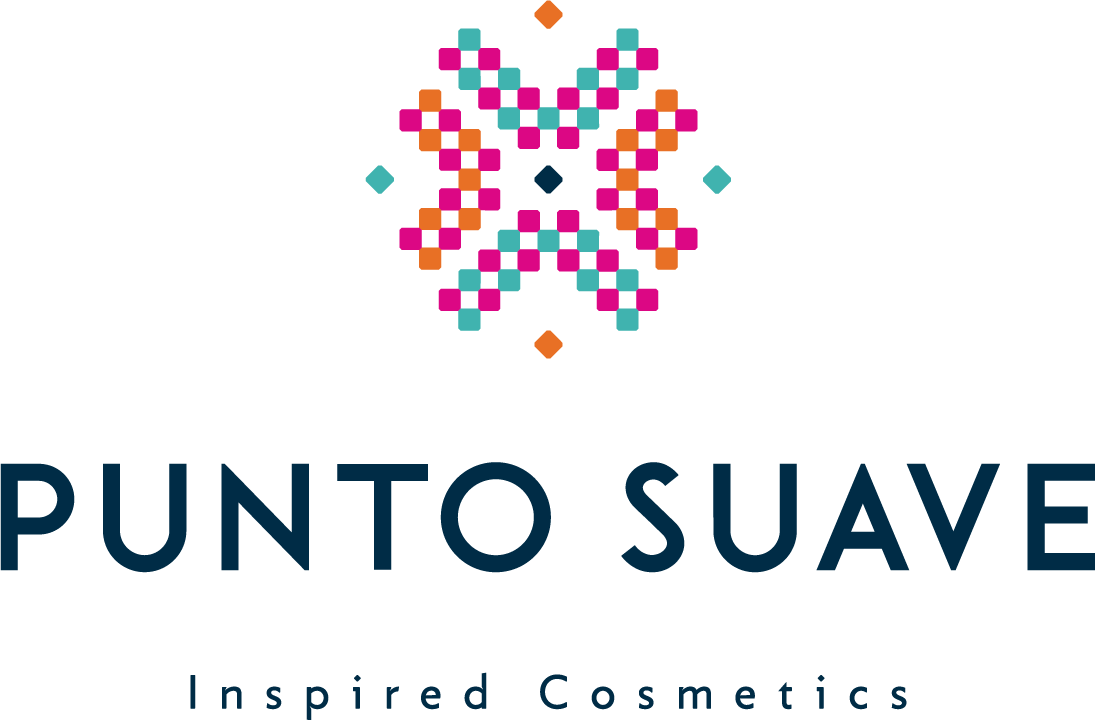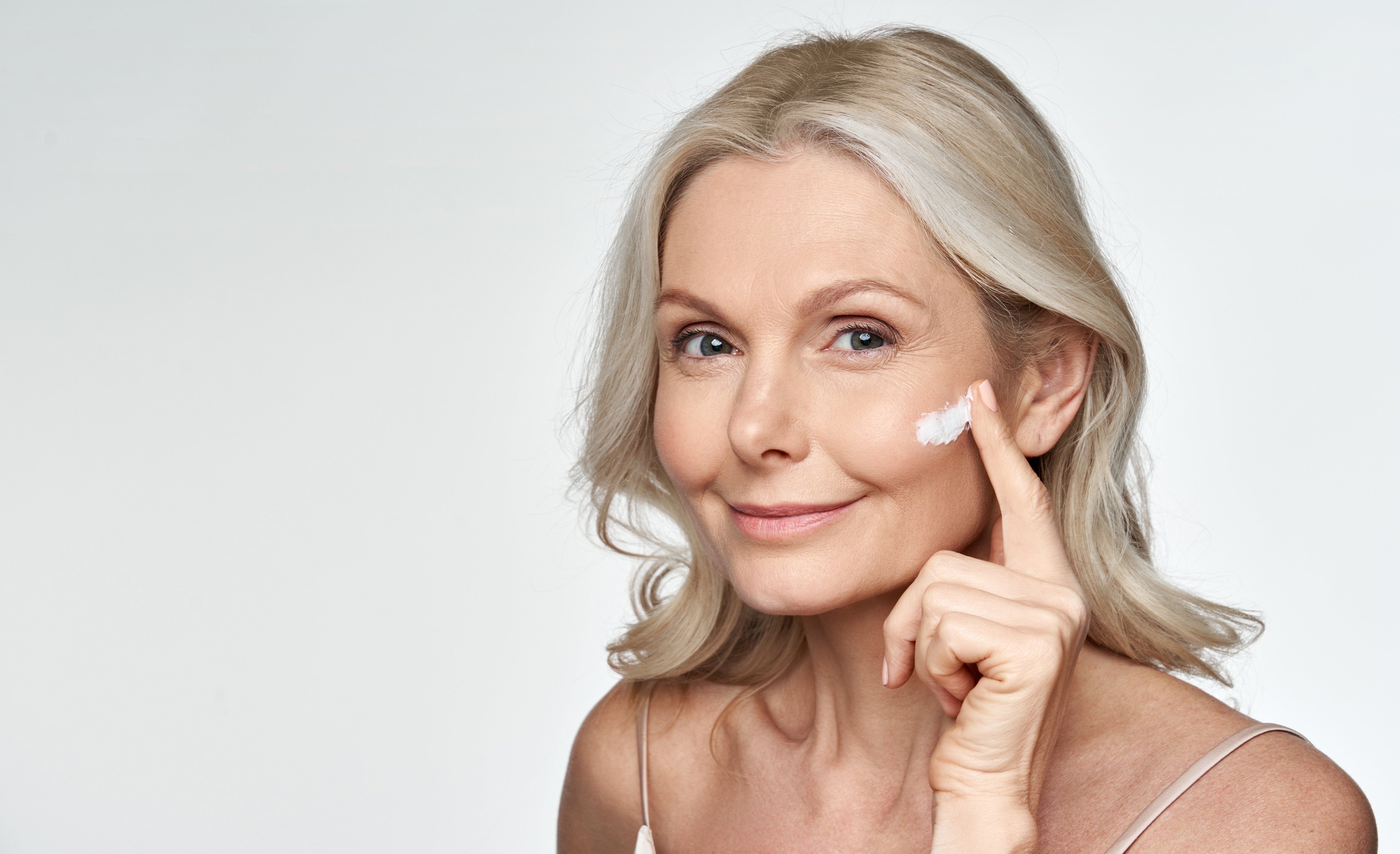
The Ultimate Postpartum Skincare Guide
The Definitive Postpartum Skincare Guide
Congratulations, Mom! You've just gone through one of the most unique and special processes in the human experience. But now that you finally have your baby in your arms, what's next for your skincare routine? Pregnancy is a time of great changes throughout your body, and let's not forget that the skin is, after all, the largest organ of our body. Not only does it stretch to make room for the new addition to the family, but it also works alongside other organs of the body to deal with hormonal changes and new needs. After giving birth, the body goes through a period of about 7-8 months where it continues to adjust until it reaches a balance of the new normal. And this is not even counting the specific needs of breastfeeding. It's a lot to think about, but don't worry, because at Punto Suave we love helping mothers achieve their goals and maintain beautiful, radiant skin. In this article, we'll be reviewing some common postpartum skin situations and professional tips for any time.

Common postpartum skin situations
Skin breakouts
Once we give birth, the body experiences a hormonal rollercoaster, with estrogen and progesterone levels plummeting. This rapid decrease can leave your skin a bit confused, especially after months of hormonal acrobatics during pregnancy. In the absence of these hormones, your skin might feel a little lost.
For many people, this hormonal imbalance can lead to unwanted breakouts. It's as if your hormones are trying to find their balance in this new postpartum phase. Be prepared for an adjustment period of six to eight weeks, during which pimples could appear more frequently as your skin adapts.
Additionally, stress can exacerbate the situation. And let's be honest, having a newborn around, though undeniably charming, can also increase stress levels a bit.
Dry skin
After giving birth, a common complaint is dry skin, which seems more pronounced than usual. This postpartum phenomenon can also be linked to hormonal changes and the increased demands on the body's hydration supply, especially if you're breastfeeding.
The skin, in its effort to regain its pre-pregnancy state, works overtime. These factors can trigger dry skin, sometimes accompanied by flakes, itching, or discomfort, both on the face and throughout the body.
Oily skin
The hormonal changes responsible for those pesky postpartum pimples? Well, they can also increase oil production in the skin.
Why does this happen? The natural oils that help keep the skin soft and flexible during pregnancy continue to be generated during the first weeks after birth, while your hormones gradually return to their usual balance.
Hyperpigmentation
During pregnancy, about two out of every five women experience the appearance of excessive pigmentation in multiple areas of their body, such as the neck, armpits, thighs, nipples and surrounding skin, as well as in the genital area. Additionally, there is the possibility of developing melasma, freckles, dark spots, and under-eye circles. These changes are caused by variations in levels of female sex hormones during pregnancy, which can result in excessive pigmentation of certain areas of the skin. After childbirth, these areas with excessive pigmentation persist; it may take at least three to six months for them to naturally lighten.

Tips for postpartum skincare
Tips for postpartum skin breakouts
One of the main considerations in postpartum skincare, especially when dealing with breakouts, is whether you're breastfeeding or not. If you're not breastfeeding, your main focus is simply to find what works best for your skin. However, if you're breastfeeding, there are additional factors to consider.
While most skincare products are considered safe, certain ingredients could transfer to your baby through breast milk. Many of these products are the same ones you avoided during pregnancy, so it's advisable to consult with your healthcare provider before returning to your pre-pregnancy skincare routine. Products like retinol, chemical sunscreens, and hydroquinone are completely off-limits.
Skincare products generally considered safe during breastfeeding include salicylic acid under 2%, azelaic acid, and benzoyl peroxide in low concentrations.
Tips for postpartum dry skin
If you've noticed that your skin is much drier than usual or experience itching, the most important thing you can do is to moisturize it. (After gently cleansing with lukewarm water and applying your serums, of course.)
Water that's too hot can further dry out your skin, and harsh cleansers, especially those with added exfoliants or fragrances, can strip away your skin's natural oils and protective barrier. Many new moms opt to cleanse their face only once a day, usually before bed, and prefer simply rinsing with water in the morning. Follow with a gentle, nourishing moisturizer like Elysian dermo-regenerating cream to seal in moisture.
And don't forget about the rest of your skin. Postpartum skincare doesn't stop at your face, especially when it comes to hydrating and nourishing it. Make sure to drink plenty of water (especially if you're breastfeeding), avoid showers with water that's too hot, and always remember to extend your skincare routine down to your neck.
Tips for postpartum oily skin
Having oily skin not only increases the risk of breakouts but can also cause insecurity. If you're looking for ways to control excess oil, start with a good cleanser.
Additionally, it's crucial to pay attention to the ingredients in any cosmetics or moisturizing products you use. Look for products labeled as "non-comedogenic," meaning they won't add more oil to your skin or clog your pores.
However, don't believe those who tell you that you don't need to moisturize your face when you have oily skin; oily skin often just indicates a need for hydration, and your skin requires as much care as other skin types.
Tips for postpartum hyperpigmentation
To prevent hyperpigmentation, use a broad-spectrum sunscreen with an SPF of at least 30 every day that protects against UVA and UVB rays. Look for options formulated without oxybenzone or benzophenone-3. Additionally, look for products containing vitamin C or vitamin E, which can brighten the skin and reduce the appearance of dark spots. Both are safe to use during pregnancy and breastfeeding.
Additional tips
In addition to the above, it's during this time that we need to pay close attention to our diet. A varied diet of fruits and vegetables of different colors is essential for getting all the necessary nutrients, vitamins, and minerals. Drinking plenty of water to maintain optimal hydration levels and getting as much sleep as possible will help keep the skin healthy and promote its quick recovery. It's important to avoid excessive consumption of processed foods, refined sugars, and saturated fats, as they can contribute to skin problems. Incorporating antioxidant-rich foods, such as berries, nuts, and fish, can help combat oxidative damage and promote radiant skin.
Conclusion
Postpartum skincare is crucial for maintaining the health and vitality of the skin after childbirth. During this adjustment period, it's essential to address specific skin needs, such as breakouts, dryness, oily skin, and hyperpigmentation, with an appropriate skincare routine and the use of safe and effective products. Additionally, a balanced diet, adequate hydration, and sufficient rest are key to supporting skin recovery and promoting a radiant appearance. By following these postpartum skincare tips, new mothers can feel confident and secure as they navigate the challenges and joys of motherhood.




Leave a comment
This site is protected by hCaptcha and the hCaptcha Privacy Policy and Terms of Service apply.